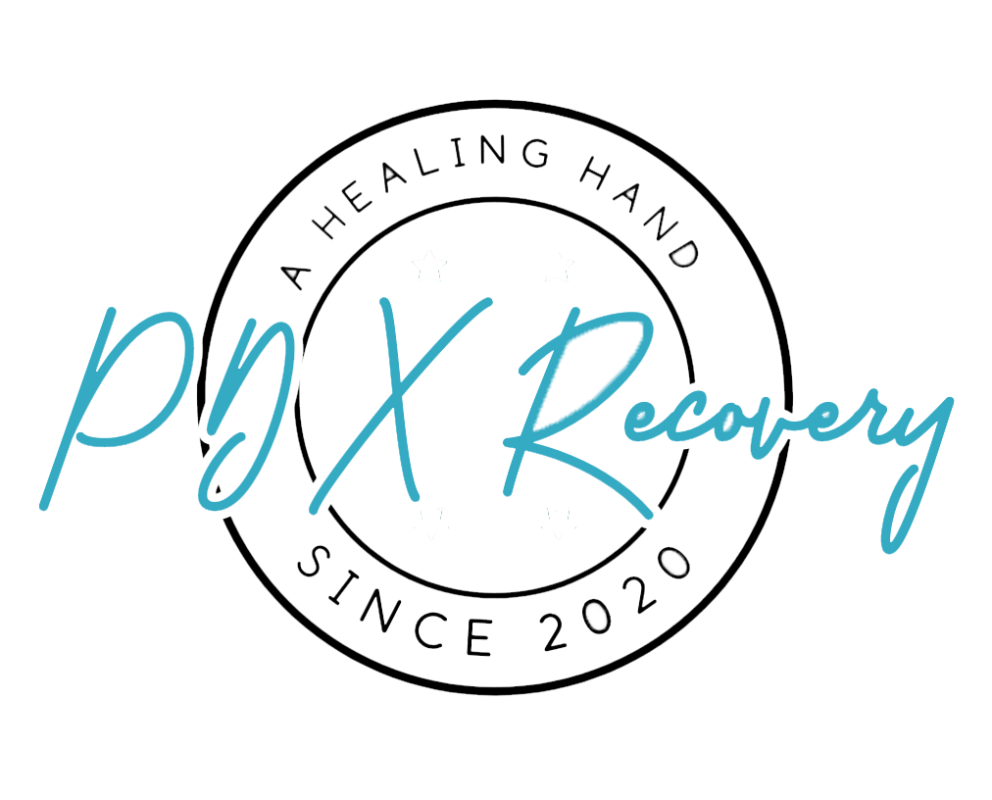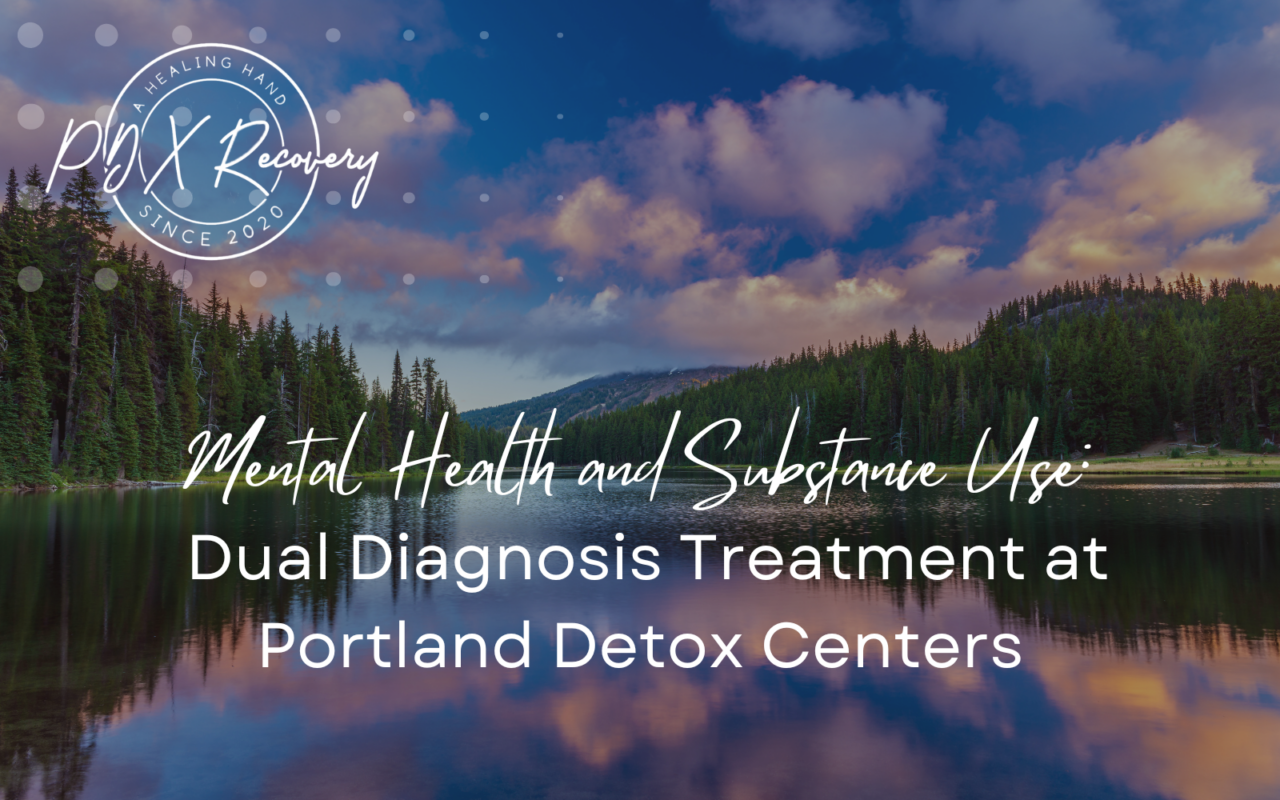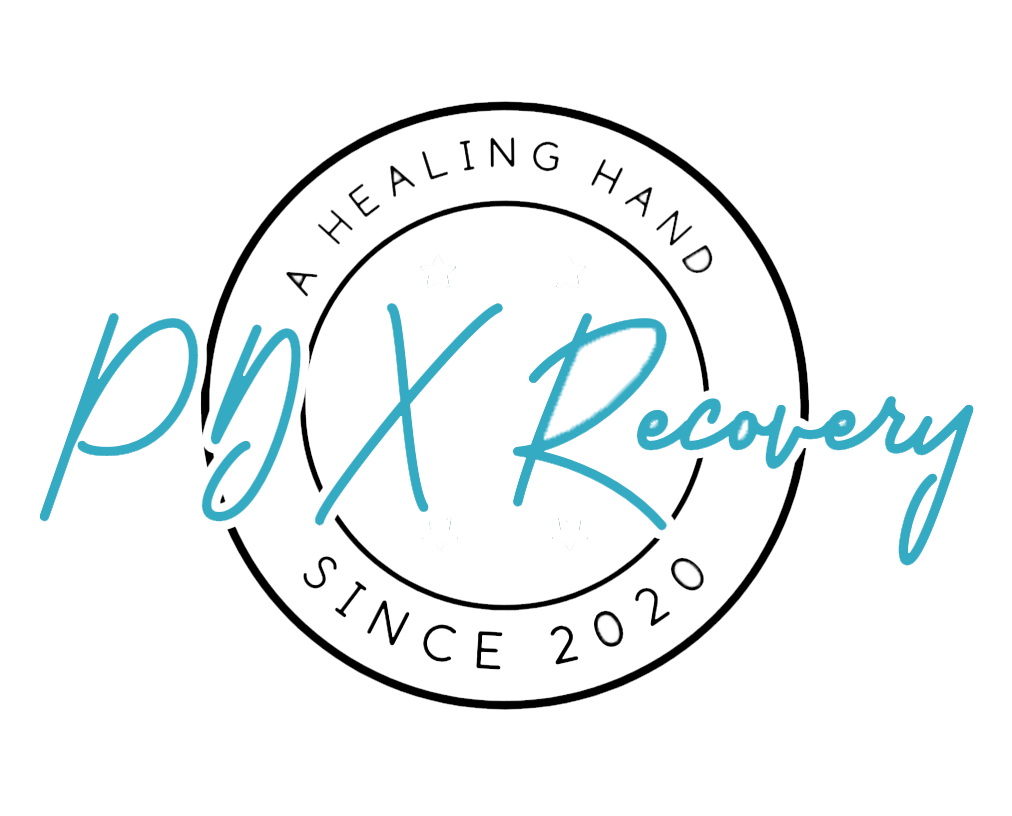Navigating Dual Diagnosis Treatment at Portland Detox Centers
In today’s fast-paced world, mental health and substance use disorders often intersect, creating a complex challenge known as dual diagnosis. Imagine battling the darkness of depression while simultaneously grappling with the chains of addiction. It’s estimated that 50% of individuals with a mental illness also have a substance use disorder, and vice versa. This dual struggle can make recovery seem daunting, but it’s essential to remember that help is available.
At Portland Detox Centers, we specialize in providing comprehensive dual diagnosis treatment, helping individuals reclaim their lives from the grips of mental health and substance use disorders. In this blog post, we’ll explore what dual diagnosis is, why it requires specialized treatment, and how Portland Detox Centers can guide you on your path to recovery.
Understanding Dual Diagnosis
Dual diagnosis, also known as comorbidity, refers to the simultaneous presence of a mental health disorder and a substance use disorder. This complex condition can make treatment more challenging, as both issues need to be addressed concurrently for effective recovery. For instance, someone dealing with anxiety might turn to alcohol for temporary relief, leading to a dangerous cycle of dependency. This can create a precarious situation where the individual becomes reliant on the substance to manage their mental health symptoms, further entrenching both disorders. Conversely, substance abuse can exacerbate or even trigger mental health issues, creating a vicious cycle that is difficult to break.
Common mental health disorders associated with dual diagnosis include:
- Depression, which can lead to feelings of hopelessness and despair, often driving individuals to seek solace in substances.
- Anxiety disorders, which can cause overwhelming fear and stress, sometimes prompting individuals to self-medicate with drugs or alcohol.
- Bipolar disorder, characterized by extreme mood swings that can be difficult to manage without the added complication of substance use.
- Post-traumatic stress disorder (PTSD), which can result from traumatic experiences and often involves flashbacks, nightmares, and severe anxiety, with substance use sometimes becoming a coping mechanism.
- Schizophrenia, a severe mental health condition that affects a person’s ability to think clearly, manage emotions, and interact with others, which can be further complicated by substance use.
Substance use disorders can involve various substances such as alcohol, opioids, stimulants, or illicit drugs. Each type of substance can have different effects on the brain and body, further complicating the treatment of co-occurring disorders. The interplay between mental health and substance use is intricate, with each condition influencing the other in unpredictable ways. For example, prolonged substance use can alter brain chemistry, making it more difficult to manage mental health symptoms, while untreated mental health conditions can hinder efforts to achieve and maintain sobriety.
Effective treatment for dual diagnosis often requires an integrated approach that addresses both the mental health disorder and the substance use disorder simultaneously, tailored to the individual’s specific needs. This may involve a combination of therapy, medication, support groups, and lifestyle changes to help manage both conditions and promote long-term recovery.
The Complex Relationship
The relationship between mental health and substance use is multifaceted and complex. In some cases, the symptoms of one condition may spark the onset of the other, while in others, underlying factors such as genetics, environment, or a combination of both contribute to the development of both conditions. For instance, a person suffering from PTSD might turn to opioids to numb their emotional pain and alleviate distressing memories, only to find themselves caught in a web of addiction that exacerbates their mental health struggles. Moreover, the stigma surrounding both mental health issues and substance use can prevent individuals from seeking the help they need, further entrenching the cycle of suffering. Comprehensive treatment approaches that address both mental health and substance use issues simultaneously are crucial for fostering recovery and well-being.
Specialized Treatment: Holistic Approach
Treating dual diagnosis is not a one-size-fits-all endeavor. It demands a holistic approach that simultaneously addresses both the mental health disorder and the substance use disorder. This is crucial because each condition can impact the other, affecting an individual’s overall well-being.
For instance, if someone with bipolar disorder uses alcohol to self-medicate, their mental health can deteriorate, making it even harder to manage mood swings. Conversely, an individual with a substance use disorder might develop anxiety or depression due to the adverse effects of their addiction. Individuals with dual diagnosis face a higher risk of relapse compared to those with a single disorder. The intertwined nature of these conditions means that treating one without addressing the other can lead to incomplete recovery. Therefore, specialized treatment is vital to tackling both conditions and preventing relapse.
How Portland Detox Centers Can Help: Comprehensive Assessment
At Portland Detox Centers, we understand the complexities of dual diagnosis. Upon admission, each client undergoes a comprehensive assessment by our team of medical professionals. This thorough evaluation helps us grasp the full scope of their mental health and substance use issues, enabling us to develop a tailored treatment plan.
Individual Therapy
Individual therapy sessions form the backbone of our dual diagnosis treatment. Our trained therapists employ evidence-based therapies such as cognitive-behavioral therapy (CBT) and dialectical behavior therapy (DBT) to help clients address underlying issues, develop coping mechanisms, and manage symptoms.
Medication Management
For some individuals, medication is necessary to manage their symptoms effectively. Our medical team closely monitors clients’ medication needs, adjusting dosages or types of medication as required. This careful management ensures that clients receive the best possible care.
Group Therapy
Group therapy provides a supportive environment for individuals to share their experiences, learn from others, and practice healthy communication and coping skills. It also helps combat feelings of isolation, fostering a sense of community among clients.
Holistic Therapies
At Portland Detox Centers, we believe in treating the mind, body, and spirit. That’s why we offer holistic therapies such as yoga, mindfulness practices, and art therapy. These therapies help clients reduce stress and promote overall well-being, complementing traditional treatment methods.
Benefits of Dual Diagnosis Treatment: Addressing Root Causes
Dual diagnosis treatment goes beyond merely managing symptoms. It aims to address the root causes of both mental health and substance use disorders, recognizing the complex interplay between them. By understanding and tackling these underlying issues, individuals can achieve lasting recovery. This comprehensive approach often involves a combination of therapies, including cognitive-behavioral therapy, medication management, and support groups, to ensure that all aspects of a person’s well-being are considered. Through this holistic method, individuals are better equipped to rebuild their lives and maintain long-term health and stability.
Developing Coping Strategies
One of the key components of dual diagnosis treatment is helping clients develop effective coping strategies. These skills are essential for managing triggers, reducing the risk of relapse, and maintaining long-term sobriety. This process often involves personalized therapy sessions where clients learn to identify their unique stressors and practice healthy ways to deal with them. Additionally, support groups and peer interactions play a crucial role in reinforcing these coping mechanisms, providing a network of encouragement and accountability. By equipping clients with a robust set of tools to navigate life’s challenges, dual diagnosis treatment aims to foster resilience and promote overall well-being.
Building a Support Network
Recovery is not a solitary journey. Dual diagnosis treatment at Portland Detox Centers emphasizes the importance of building a strong support network to aid in the healing process. Whether through group therapy sessions, where individuals can share their experiences and gain insights from others, or through community engagement activities that foster a sense of belonging and purpose, clients find solace and strength in connecting with others who share similar struggles. This supportive environment not only helps individuals feel understood and less isolated but also provides practical tools and strategies for managing their conditions and maintaining long-term recovery.
Taking the Next Step: Personalized Care
If you or someone you know is struggling with dual diagnosis, reach out to us at Portland Detox Centers. We understand the complexities of managing both mental health issues and substance use disorders, and our dedicated team is here to help. Our personalized care and support, tailored to your unique needs, can make a world of difference in your recovery journey. We offer a range of services, from medical detox to therapeutic interventions, designed to support you every step of the way. Remember, recovery is possible with the right treatment and support. Don’t hesitate to take the first step towards a healthier, happier life.
Join the Community
You are not alone. We are here to support you every step of the way. Let’s break free from the chains of dual diagnosis together. Together, we can overcome any obstacle and achieve lasting recovery. Take the first step today with Portland Detox Centers by your side. Recovery awaits! In addition to our comprehensive dual diagnosis treatment program, we also offer a range of other services to support individuals in their recovery journey. These include ongoing therapy and aftercare programs, relapse prevention strategies, and family support resources.
It’s important to remember that seeking help for dual diagnosis is not a sign of weakness but rather a brave and empowering decision. At Portland Detox Centers, we are committed to providing compassionate care and helping individuals achieve lasting recovery from co-occurring disorders. Contact us today to learn more about our services and take the first step towards a healthier, happier life.
Remember, dual diagnosis is complex but treatable. With the right approach and support system, you can overcome any obstacle and live a fulfilling life in recovery. Let Portland Detox Centers be your partner in this journey towards healing and wellness. We are here for you, every step of the way. Keep exploring our website to learn more about our services and contact us today to start your journey towards lasting recovery.”“I am forever grateful for the care I received at Portland Detox Centers. They helped me understand my mental health struggles and gave me the tools to manage them without turning to substances.” – John
Continuing Education
At Portland Detox Centers, we believe in ongoing education and personal growth as cornerstones of our practice. Our dedicated team regularly attends industry conferences, workshops, and specialized training programs to stay updated on the latest research and treatment methods for dual diagnosis. This includes learning about new therapeutic techniques, emerging trends in mental health, and advancements in substance abuse treatment. This unwavering commitment allows us to continuously improve our services, ensuring that our clients receive the best possible care. By integrating the most current knowledge and practices, we strive to provide a supportive and effective recovery environment for all who seek our help.
Take Action Today
If you or a loved one is struggling with dual diagnosis, don’t wait any longer to seek help. Contact Portland Detox Centers today and take the first step towards lasting recovery. Remember, you are not alone, and there is a way out of the cycle of addiction and mental health struggles. Let us guide you towards a brighter future filled with hope, healing, and happiness. Recovery is possible – start your journey today with Portland Detox Centers by your side.
At Portland Detox Centers, we believe that true wealth lies in taking care of our physical, mental, and emotional well-being. By addressing co-occurring disorders through personalized, evidence-based treatment, we help individuals achieve a state of holistic health and wellness. Remember, you deserve to live a fulfilling life free from the grips of addiction and mental illness. Let us help you unlock your full potential and build a brighter future for yourself. Contact us today to learn more about our dual diagnosis treatment program and start your journey towards lasting recovery.
Conclusion
Dual diagnosis is a complex issue that requires comprehensive care and support. At Portland Detox Centers, we understand the unique challenges faced by those struggling with co-occurring disorders and provide personalized treatment to address their specific needs. Contact us today by clicking PDX Recovery or calling 1 (971) 256-9087 and remember, there is hope and a way out of the cycle of dual diagnosis. Take the first step towards a healthier, happier life today with Portland Detox Centers by your side. Don’t let co-occurring disorders hold you back any longer – reach out for help and take control of your life. We are here to support you every step of the way and help you achieve lasting recovery. Let’s break free from the chains of addiction and mental illness together and build a brighter future filled with hope, healing, and happiness.







